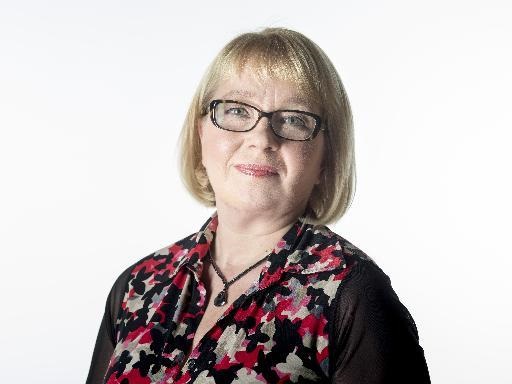Russian Media Lab is hiring! Deadline for applications: 18.06.2018
The Aleksanteri Institute invites applications for an enthusiastic and creative
POSTDOCTORAL RESEARCHER (click here to apply)
for a fixed term from 3rd of September 2018 to 30th of June 2019, to work within the project Russia MediaLab: Freedom of speech and critical journalism in Russia. The employment contract will include a trial period of six months.
If measured according to conventional parameters, freedom of speech and expression in Russia has deteriorated. However, such development is not uncontested and without contradictions. Instead, actions and measures taken can prove inefficient or have unintended outcomes, which can be either negative or positive in terms of freedom of speech. Likewise, freedom of speech can also unintentionally shrink due to reasons such as the strained economic situation or increasing commercialization. To formulate a fuller picture of freedom of speech in Russia today, it is therefore not enough to study measures of control and questions of implementation, but also to adopt the opposite perspective – that is, to study freedom of speech and expression from the perspective of the areas of relative freedom. See: http://blogs.helsinki.fi/russianmedialab.
Potential candidates can approach the subject matter from several different perspectives:
– Media regulation and self-regulation
– Legislation and media
– Media culture and -politics
– Russia’s political culture and media
– Media economy
– Cultural institutions
The subject matter can be approached from the angle of different humanities or social scientific disciplines. A strive for multidisciplinarity and willingness to partake in interdisciplinary discussions are appreciated.
According to the Regulations of the University of Helsinki, the appointee to the position of postdoctoral researcher must hold a doctoral degree in a relevant field, have the ability to conduct independent scientific research and possess the teaching skills required for the position. The candidate should have a proven capability to publish in scientific journals, have excellent analytical and methodological skills, and be able to work both independently and as a part of a multidisciplinary scientific community. The successful candidate is expected to have excellent skills in written and oral English, as well as have a good command of Russian.
The salary for the position will be based on level 5 of the demands level chart for teaching and research personnel in the salary system of Finnish universities. In addition, a salary component based on personal performance will be paid. The starting gross salary of a post-doctoral researcher is around 3180 € per month, depending on the qualifications and experience of the applicant.
Applications must be accompanied by the following English-language documents submitted as a single pdf file:
– CV (max. 3 pages)
– list of publications (max. 3 pages)
– 1–2 page summary of the applicant’s motivation to join the Russia MediaLab -project and the scientific community of the Aleksanteri Institute
– innovative research plan concerning freedom of speech and expression in Russia (max. 5 pages)
– sample of academic writing (max. 10 000 words)
– contact information of 2– 3 referees
Please submit your application through the University of Helsinki Recruitment System via the link Apply for job (here). Applicants who are employees of the University of Helsinki are requested to submit their application via the SAP HR portal. The deadline for applications is June 18th 2018.
Applications will be evaluated by a preparatory commission, consisting of representatives of different disciplines. The applicants will be informed about the choices by e-mail within two months from the application deadline.
Further information about the position may be obtained from Director of the Project, Professor Markku Kangaspuro, tel. +358 50 5223393, markku.kangaspuro@helsinki.fi.
Apply at latest 18.06.2018




